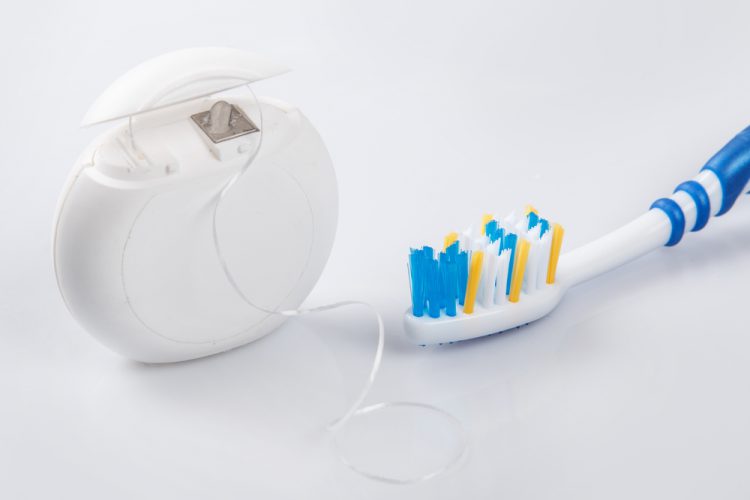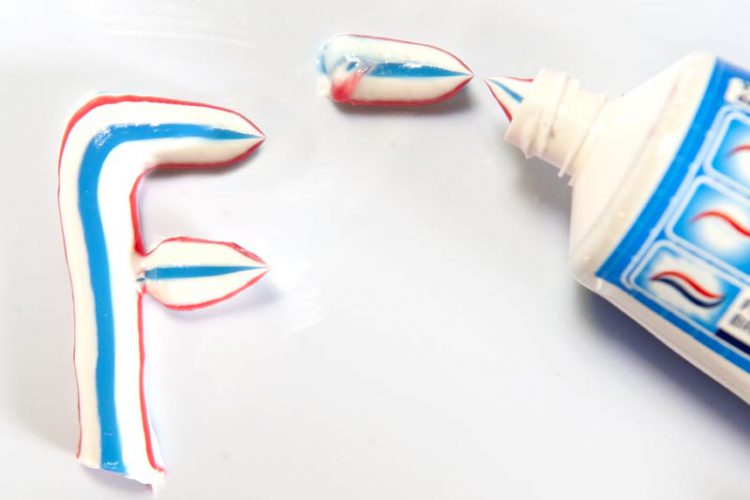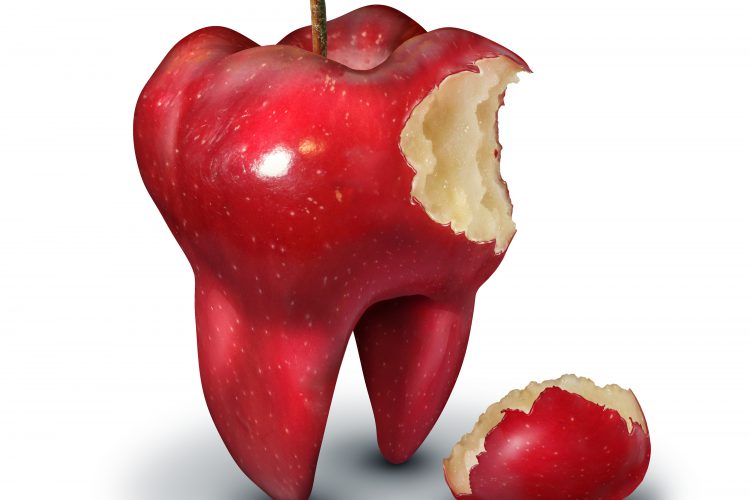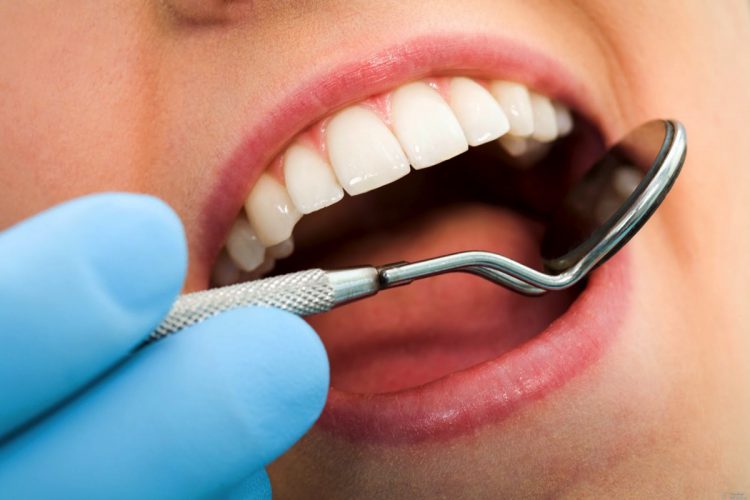WHAT IS PREVENTATIVE DENTISTRY?
Preventative Dentistry
Preventative dentistry is an aim to reduce the amount of dental treatment that you need by working together with you to maintain a healthy mouth. The hope is to avoid the traditional cycle of fillings and extractions. Preventative dentistry can help you to keep your own teeth for a lifetime.
The two main causes of tooth loss are dental decay and gum disease. With modern dental treatments and oral hygiene products it is possible to prevent or at least substantially reduce these diseases in the mouth. Preventative dentistry can benefit anyone who has some of their own teeth.
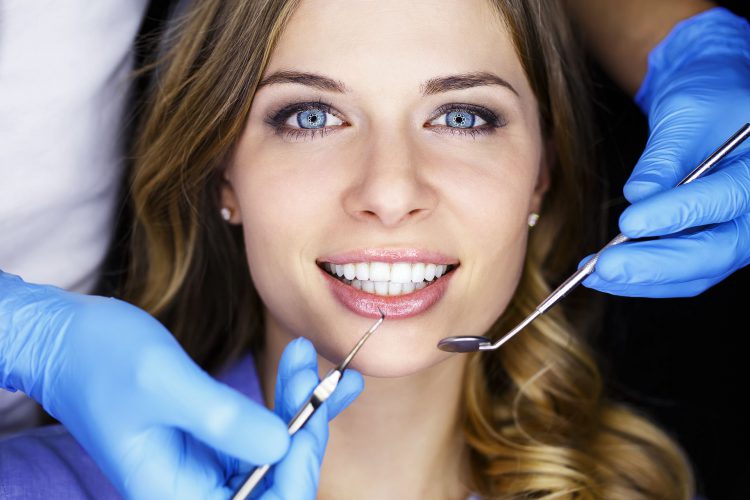
Brushing and Flossing
You need to get rid of any plaque regularly. Your dentist will tell you about brushing and flossing, which helps to do this. It is recommended that you brush your teeth twice every day with fluoride toothpaste. The best times are before breakfast and last thing at night. Don’t brush straight after eating as it weakens the enamel of your teeth and brushing straight afterwards can cause damage. It is particularly important to brush before bed. Saliva stops your mouth becoming too acidic, reducing the risk of decay: but when you are asleep the amount of saliva you produce is reduced, so brushing before bed helps to protect your teeth overnight.
For the majority of people, the most effective method of tooth cleaning is with an electric toothbrush, twice a day for two minutes. In addition, special miniature interspace or interdental brushes and/or dental floss are needed to clean between your teeth every day.
Fluoride
Fluoride supplements can help to arrest and even reverse tooth decay. There is fluoride in most toothpaste but there are also fluoride mouth rinses, tablets and drops that may help Your dentist will advise you as to which are appropriate for you: be sure to follow their advice (and any instructions on the packaging) carefully.
Diet
When you eat or drink your teeth are exposed to acid that causes decay. The "attack" on your teeth can last for an hour, so if you eat snacks regularly during the day your teeth will be under attack most of the time. Foods that are high in sugar (most foods contain some sugar) can cause most damage. It isn’t so much the amount of sugar you eat that matters – it’s how often - so confine sugary foods to mealtimes or, better still, eat something else like cheese, nuts or vegetables.
Also, drink plain water or milk. Soft drinks can increase the risk of dental problems because most contain sugar or acid or both. Fruit and fruit juices contain acid but this is only a problem if you eat or drink a very large amount. If you snack on fruit, try to eat something alkaline like cheese afterwards. The alkaline food cancels out the acid.
Lots of processed foods have sugar in them but it’s often called sucrose, glucose, fructose, carbohydrate or something else on the label. Remember that "no added sugar" doesn’t mean sugar free there may have been sugar in the food before it was processed – especially in fruit drinks. Sugary foods aren’t just bad for your teeth – they can contribute to a range of health problems like heart disease and obesity.
Chewing sugar free gum makes your mouth produce more saliva that cancels out the acid in your mouth after eating. There is evidence that it can help prevent tooth decay.
Regular Check-ups and Hygiene
Even if you follow all our preventative advice, you will still need regular sessions with your dentist and hygienist to monitor the health of your teeth and gums. It is important for your dentist and hygienist to check that you are cleaning your teeth and gums properly so that any further problems are prevented but also so that if any decay begins it is detected and treated quickly before it becomes a major problem. To help prevent gum disease, your dentist and hygienist need to use special tools to remove any tartar (calculus) that builds up. Good cleaning, good diet and fluoride all help but aren’t enough on their own to guarantee long-term oral health.
It will also be necessary for your dentist to take routine x-rays at intervals of 6 months to 2 years (depending on how good your oral health is). This is because dental decay can start in places where it can’t be felt or seen until it is very advanced, by which time it may be too late and you may need a filling or root canal treatment. X-rays can show up decay even if it is hidden from view, which helps with prevention of dental problems.
Your dentist might also recommend a preventative treatment called a fissure sealant. It can be placed by either your dentist or hygienist, and it involves coating vulnerable teeth in a special sealant that can both halt decay or stop it before it even starts. It is quick, cheap and easy - and it really works. It reduces the need for fillings in the future and this means you can avoid discomfort and expense.
Once your mouth is really healthy, the frequency of your visits to the dentist may be reduced – from, say 6 months to 9 or 12 month intervals.


